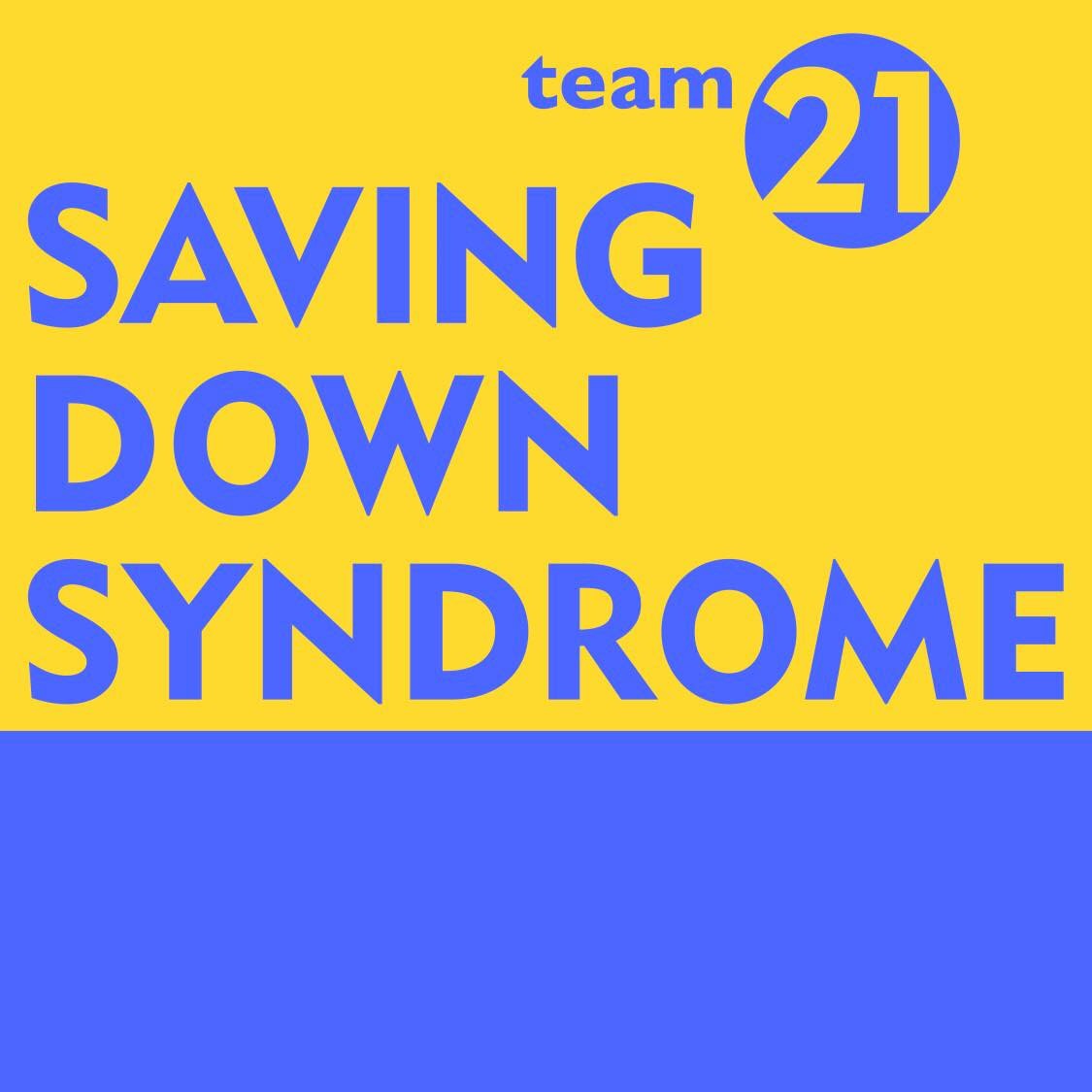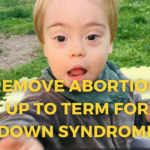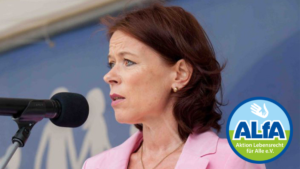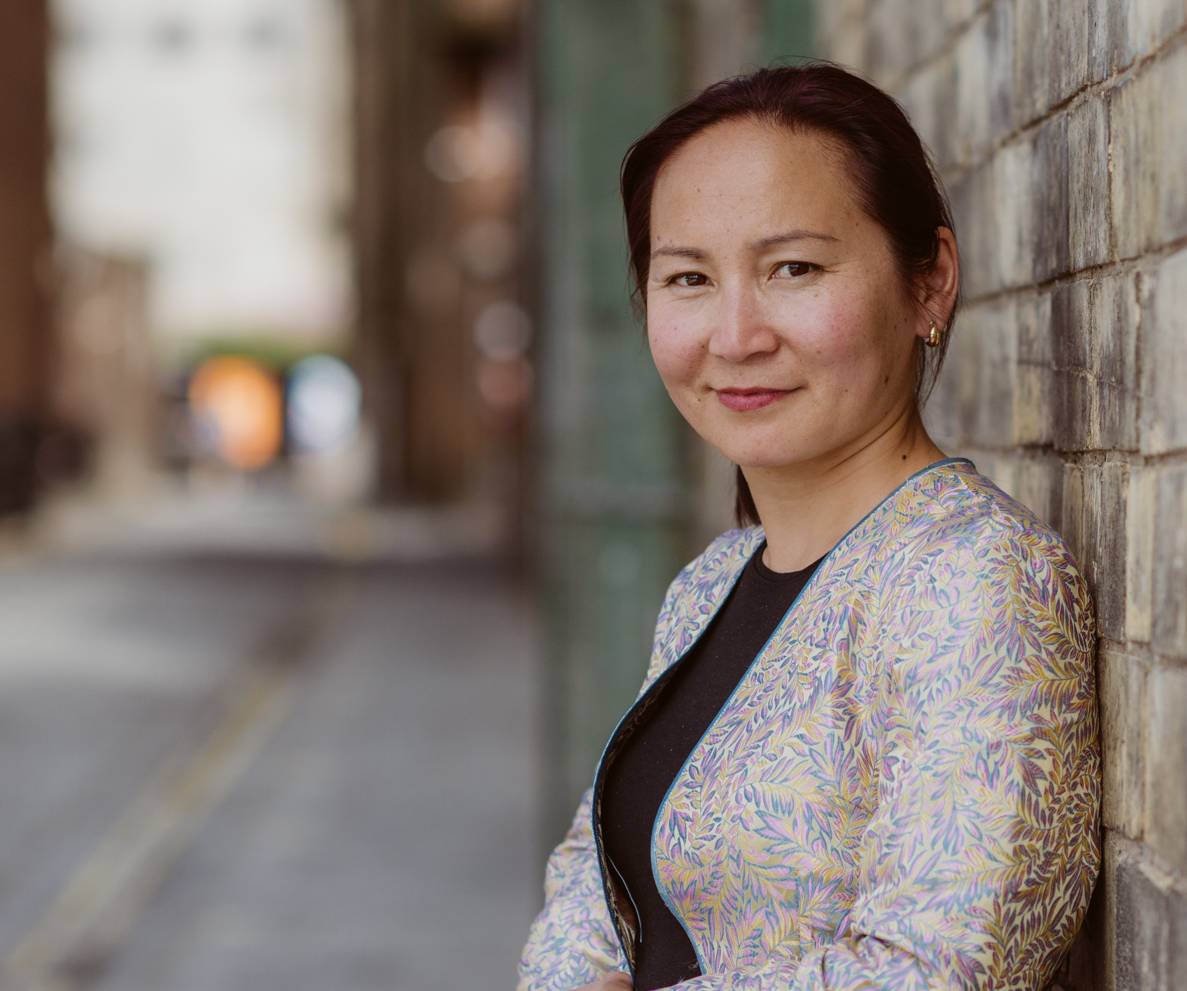
“Addressing both hate speech and misinformation regarding Down syndrome“
Uuganaa Ramsay is the founder of Mongol Identity, a non-profit organization whose mission is to bring about a greater understanding of the word Mongol in order to end the misuse of the term when referring to people with Down syndrome.
Uuganaa was born and raised in Mongolia and now lives in Britain. Her mission to end the misuse of the term comes from a unique angle, which results in a twofold motivation. Uuganaa started writing and campaigning in 2010, following the death of her son Billy – who had Down syndrome. In 2014, Uuganaa published Mongol. Mongol is an award-winning memoir of her life as a Mongolian, juxtaposed with the story of Billy’s short life.
In February this year, following a campaign led by Mongol Identity, Oxford University Press announced that the words mongol, mongoloid and mongolism are to be removed from the Oxford Advanced Learner’s Dictionary. We speak with Uuganaa about her advocacy and the unique private and cultural background that inspired it.
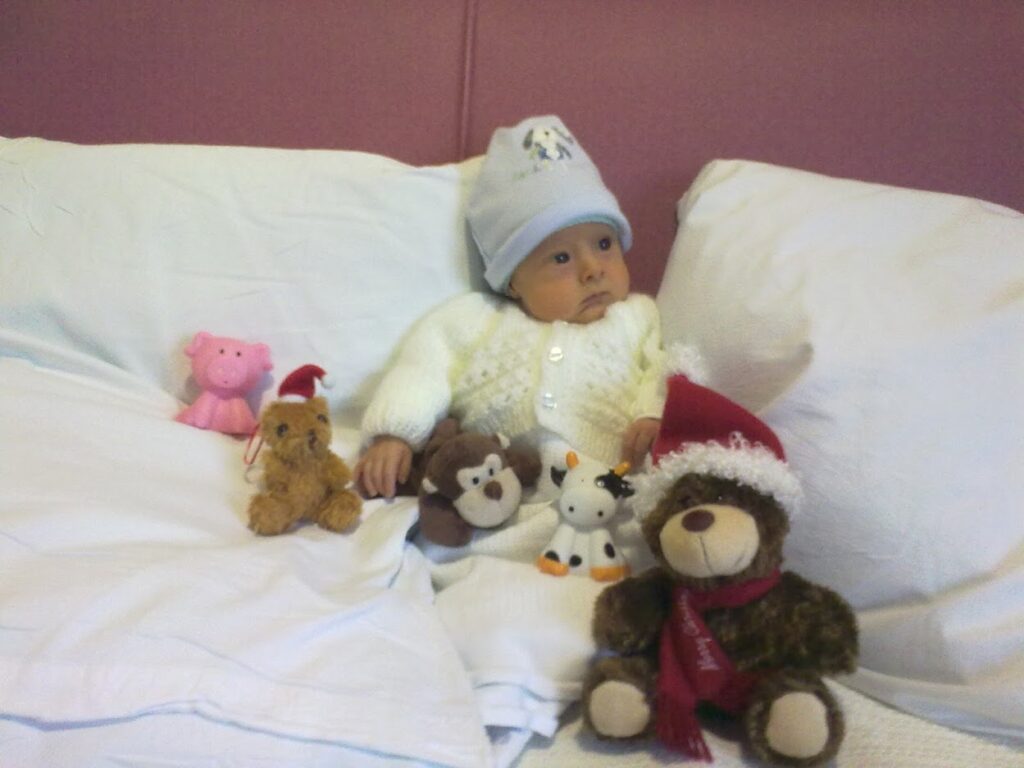
How did the word mongol become a slur word for Down syndrome, and what were the key points in the history of the misuse?
As you will know, the word ‘Mongol/mongol’ has multiple associations. In addition to describing a person from Mongolia, it is also used as a derogatory term for a person with Down syndrome and, more generally, as an insult referring to someone stupid. The associations have their roots in the 19th Century pseudo-sciences of ethnic classification and phrenology, when John Langdon Down classified people with Down syndrome as ‘Mongolian Idiots’. His opinion was that they shared some of the facial characteristics of the ‘Mongoloid’, the racist classification used in the West to describe people from Mongolia, China and Japan.
In the 1960s, geneticists campaigned to have the ‘Mongolian Idiot’ (and associated variations) replaced by ‘Down syndrome’, reflecting a growing concern at the racism at the root of the term. By 1965, the World Health Organisation’s classification of diseases dropped any links between ‘Mongol’ and ‘Down syndrome’ and it was assumed that this association would fade over time.
What is the current situation, globally, regarding the use of this word as a slur for people with Down syndrome?
The associations between Mongol, Down syndrome and stupidity still persist. As recently as October 2020, Formula 1 driver Max Verstappen caused uproar when he called a rival a ‘Mongol’. The social media response which followed showed that many had no idea why this use of the word Mongol was offensive, and saw it merely as interchangeable for ‘idiot’. There was little recognition that using the term as an insult is both deeply racist and discriminatory. When Max Verstappen made his comments, we found a lot of people on social media defended his use of the word by saying ‘Mongol is in the dictionary and it means someone who is stupid or someone who has Down syndrome.’
Mongol Identity SCIO was established to challenge and change the pejorative uses of ‘Mongol’. Through education, it seeks to promote an understanding of Mongol culture and to address the racism and discrimination that underpins the use of ‘Mongol’ as an insult.
One approach the charity has taken is to engage with publishers to help improve the definitions of Mongol provided in dictionaries. Some have responded to the challenge with relish. One example is that of Oxford University Press, which has removed references to pejorative uses of Mongol from its Advanced Learners’ Dictionary.
“Having reviewed the evidence for the words ‘mongol’, ‘mongoloid’, and ‘mongolism’, we have decided to remove these terms from the Oxford Advanced Learner’s Dictionary. The terms are no longer widely used and therefore not helpful to current learners of English.”
You are forced to thread a thin line between Mongolian national dignity and anti-discrimination of people with Down syndrome, connecting both fronts into one. Someone might argue that Mongols should not be ashamed of this slur, as it connects them with a community of people who deserve dignity and respect. On the other hand, one might also argue that the people with Down syndrome should not mind being called “mongols”, as it associates them with a proud nation. What would you say to both?
We need to understand we are addressing hate speech as well as misinformation regarding the diagnosis of Down syndrome. Both Mongols and people with Down syndrome are affected by this misjudgment and insult. It’s not about being compared to one another. It could have been any condition or any ethnicity. The problem source is the racist theory behind it showing superiority over one human being to another.
What are your plans for the future in regards to putting an end to the misuse of the word Mongol?
Mongol Identity SCIO started working with international dictionaries to improve the definition. As mentioned before, the approach is educational. We are here to learn from one another and with our own Down syndrome community, we can work together on normalizing the word ‘Mongol’ and educate others. We will continue to monitor films and media, medical terminologies, and the press. The other main work is to raise awareness on the Mongol world through arts, education and social awareness showing people what the authentic meaning refers to. The Mongol culture is rich and there’s so much that the world can enjoy finding out more about these people and their culture. There are over 10 million Mongols around the world living and working among us.
Your book Mongol presents your experiences from a number of realms and angles. What was the unifying driving force that compelled you to write it?
I wrote my memoir in memory of my son Billy and for my other children as they are growing up in Britain which is very different from my Mongolian childhood. I felt it was important to share my story with the world because so many of us go through heartbreaks and happy times yet very few of us share our story in an honest way. There’s a lot of stigma attached to diagnosis and labels and instead of living our life and enjoy being who we are, we end up trying to prove our existence battling with inequalities and misrepresentation.
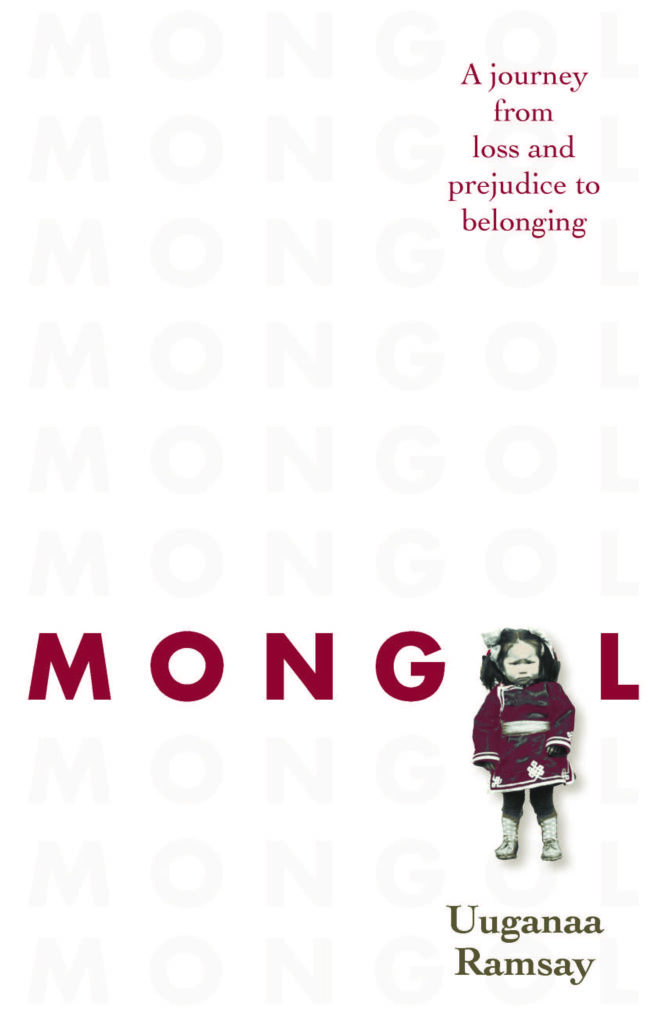
In your book, you describe having had some obstacles in explaining your son’s diagnosis to your family and friends in Mongolia. What are today’s challenges for our community in Mongolian society?
As we know any diagnosis brings upset and anxiety. The challenges are the same as many countries. Mostly parents are the ones who make things happen and ask for change in the system. The society has become much more accepting since 2008 after the Mongolian Down Syndrome association was formed. Prenatal diagnostic testing is not as widely used due to the geographic stretch. Some Mongols are nomads and they live in rural areas where they are miles away from the nearest medical facilities. Because of this there are consequences. Good and bad. The good – as many of us know over 90% of babies diagnosed with DS prebirth are aborted in the UK. So there is less discrimination in Mongolia. The bad – families can be too far away from medical help when children are born with congenital health issues.
Is there any negative term in Mongolian for people with Down syndrome?
None specifically for people with Down syndrome.
What do you perceive as the main challenge for the global Down syndrome community?
I work in education and employment. Our challenge is to have an educational system that is more than a creche and to build integrated employability programs involving employers and independent living.
